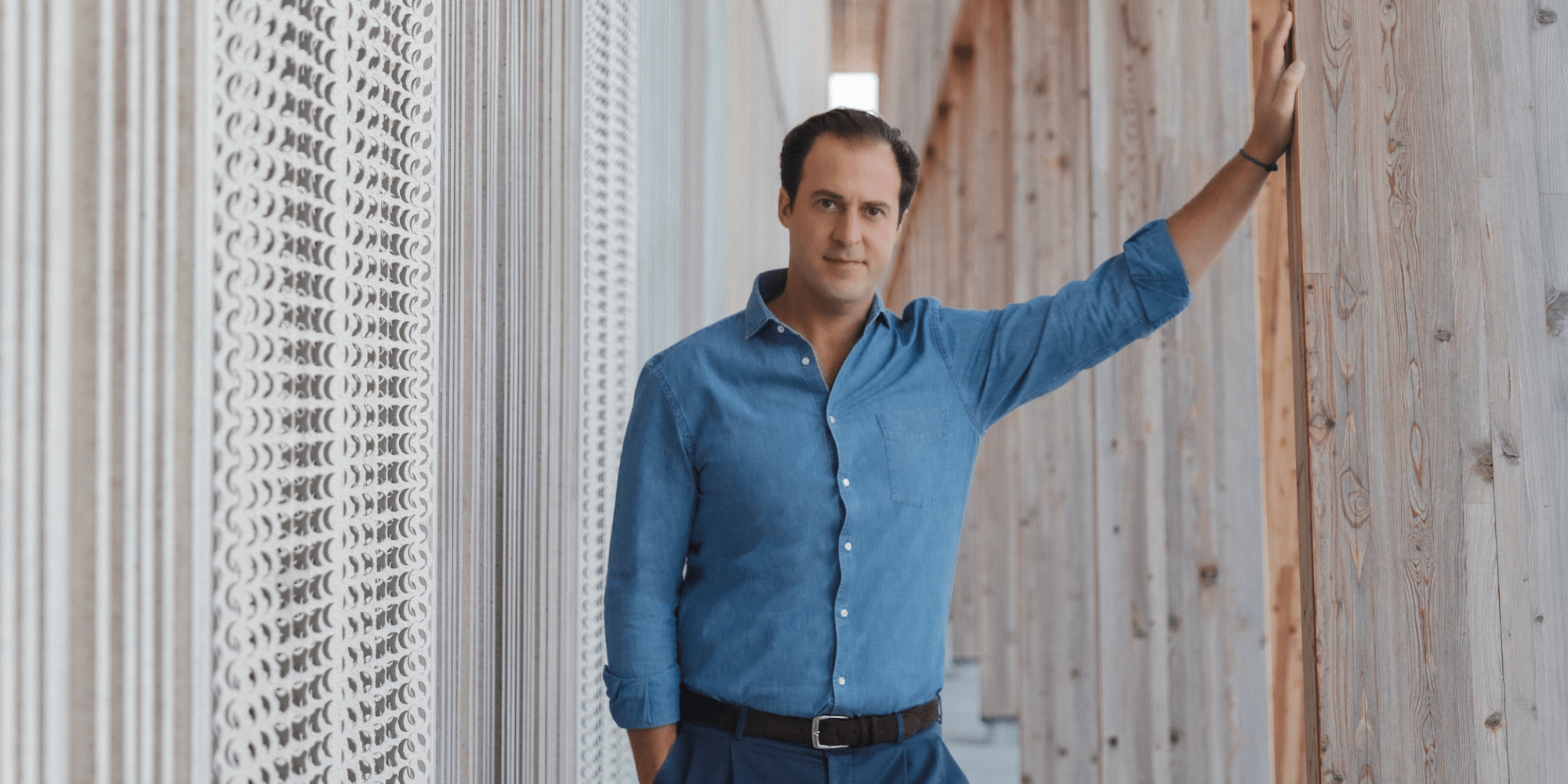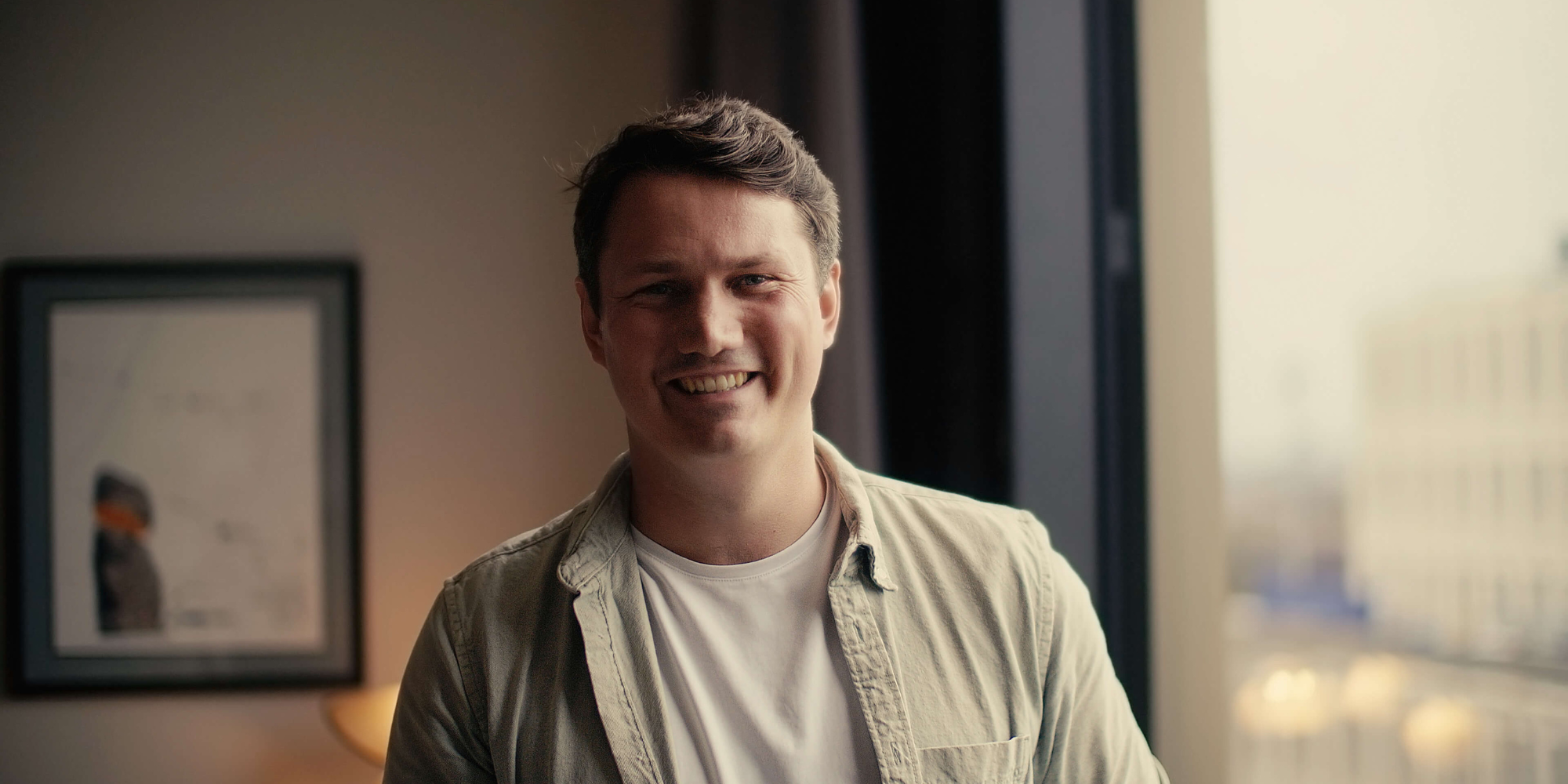Venture capital has been hard to come by this year for many European startup founders, as VC funds have become more cautious about investing. But now, some founders are shunning VC capital on purpose.
British vertical farming company Vertical Future raised its Series B funding round from existing investors including high net worth individuals, family offices and other tech-company founders over the summer. The group’s CEO and founder, Jamie Burrows, declined to disclose the total amount they raised, but said the round was “eight figures.”
In addition to the equity raised, Vertical Future is also raising some debt. And although Burrows has previously received offers from venture capital and private equity funds, he’s turned them down.
“A lot of the VC and PE funds have different exit horizons and goals that don’t really align with this sector,” he says. “We actually think that a lot of the companies [in vertical farming] have failed and significantly contracted due to unrealisable goals and promises.”
Overall, startups in Europe have raised $9.2bn in deals with no VC investor participation this year, according to PitchBook, compared with $13.2bn in 2022. That is still a fraction of VC deal activity on the continent however, which is expected to reach $45bn by the end of the year, according to Atomico’s State of European Tech report.
Different kinds of capital for different business needs
Founders who choose not to pursue VC investment in Europe say they are looking for investors who have longer investment horizons than VCs, who are governed by 10-year fund lifecycles. That’s especially important in capital intensive businesses like vertical farming.
Another business in the vertical farming sector, Planet Farms, has also just closed a funding round, raising $40m. The debt and equity round came with “a lot of support from existing investors”, co-CEO Daniele Benatoff says, adding that none of them were VC. That brings the total amount it raised since it was founded in 2017 to $140m.

Previously, the business received backing from Italian insurance firm SACE, bank UniCredit Group and family office Red Circle Investment. He added that 80% of the company is still owned by the founders and the management team.
“In general, VC is much better suited for companies that can deliver very fast growth, very quickly," Benatoff says. "That is not the case in what we do. Building one of our facilities takes 18 months, you can give me five times the money but it will still take 18 months. That’s not a time frame that makes an enormous amount of sense in VC."
He points out that for many companies in the vertical farming space that received VC money, there was pressure to show tangible growth, and the easiest way to deliver that was through headcount. But it’s important to grow headcount proportionally to the growth of the business.
The group’s early-stage investors, who he says made VC-like returns, were understanding when he told them it will take five to eight years for him to build a viable business.
“When I tell a VC that, they think it’s the end of the world,” he adds.
Going forward, Benatoff looks to raise much more capital over the next three years, and some of that might come from growth private equity or similar funds.
He expects Planet Farms’ turnover to be over €200m by the end of a decade, with ebitda close to €100m.
The high-profile failures of a number of vertical farming businesses globally has had VCs investors running for the hills. But this has actually been a catalyst for change in who is funding the sector, in Burrows’ opinion, with more long-term investors like infrastructure funds starting to become interested.

Keeping the cap table simple
But it’s not just vertical farming companies that think VC money is not suitable for their business model.
UK-based, early-stage fintech Darksquare Capital decided angel investors would make better backers for the business, at least at this stage of its development. Founded in 2020 by Daniel Harman, Darksquare raised over $300,000 in capital from angel investors and crowdfunding. Now it has close to 20 angel investors on its cap table, which Harman says creates an interesting network the business can benefit from.
“What we like about the angel group is they leave you to it, and not put an immense amount of pressure to grow at all costs,” he says. “For our next round, we will target family offices as well as angels.”
He adds that VC funds can be more aggressive in the terms they impose on founders and can create complicated share structures. VCs usually ask for preferred shares, which gives them priority in case of a payday. Whereas with its current investor base, Darksquare only has one share class.


